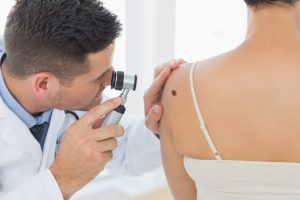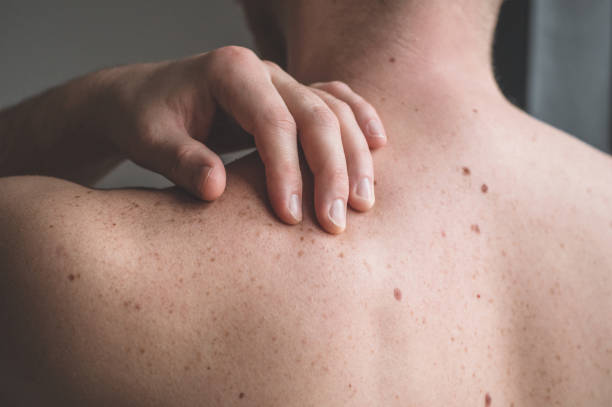By Dr Gos Gopalakrishnan
Some of my patients are very anxious about skin cancer and come to see us for a skin check every year. I often have the conversation that they are in a lower risk group and can do a self-check at home every few months and come back and see me in a few years but for various reasons they prefer to stay under annual checks – and that’s absolutely fine, but skin cancer is all about managing risk…
With skin cancer rates in Australia among the highest in the world, regular skin checks are a crucial part of maintaining your health. According to Australian Dermatologist, Dr Rodney Sinclair, writing in the Australian Family Physician, understanding when and how often to get your skin checked can significantly impact early detection and successful treatment of skin cancers.

Why Regular Skin Checks Are Important
Skin cancers, including melanoma, basal cell carcinoma (BCC), and squamous cell carcinoma (SCC), can develop from cumulative sun exposure over time. Early detection through regular skin checks is essential because:
Recommended Frequency for Skin Checks
The UV exposure in Australia is much higher than elsewhere in the world. Skin cancers are ten times more likely to occur in Australia than in many countries in Europe. The frequency of skin checks depends on your individual risk factors. Here are some general guidelines:
1. For the older population:
2. For those with higher risk factors:

If you have any of the following risk factors, you should have annual skin checks:

The table below adapted from Dr Rodney Sinclair’s paper outlines the other medium and lower risk factors:
| Assessment of skin cancer risk |
| High risk (3 monthly self examination and 12 monthly skin check with doctor) |
|
| Medium risk (3–6 monthly self-check and 3 yearly skin check with doctor) |
|
| Low risk (annual self-check and one-off skin check with doctor for assessment of risk and advice regarding skin care) |
|
Self-Examinations: In addition to professional checks, performing regular self-examinations is great. Aim to examine your skin every three months for any new or changing spots, moles, or lesions. Use a mirror or ask for help to check hard-to-see areas like your back and scalp.
What to Expect During a Skin Check
A full, professional skin check at WA Skin Cancer Centre typically involves:
Tips for Effective Skin Checks
WA Skin Cancer Centre
Regular skin checks are a vital part of maintaining your health, especially in a country like Australia with high rates of skin cancer. By understanding your risk factors and staying vigilant with both professional and self-examinations, you can take proactive steps to protect your skin and overall health.
Take charge of your skin health today. Book a skin check with the WA Skin Cancer Centre and ensure that any potential issues are caught early, giving you the best chance for effective treatment and peace of mind.
Book your skin check with us today!
References
Sinclair, R. Skin checks. Australian Family Physician, 2012; 41(7), 464-469.
About the Author
BSc (Hons), MBChB, DRCOG, MRCGP, FRACGP
Dr Gos is a dedicated and dynamic medical leader and educator with a deep passion for skin cancer care. Based in Perth, he specialises in skin cancer management, ensuring comprehensive care for his patients. Alongside his clinical work, Dr Gos serves on an Expert Examiner Panel at Curtin Medical School, and is the Clinical Director of Radiant Doctors, an initiative established to provide sustainable primary care services and address the shortage of GPs in regional areas.